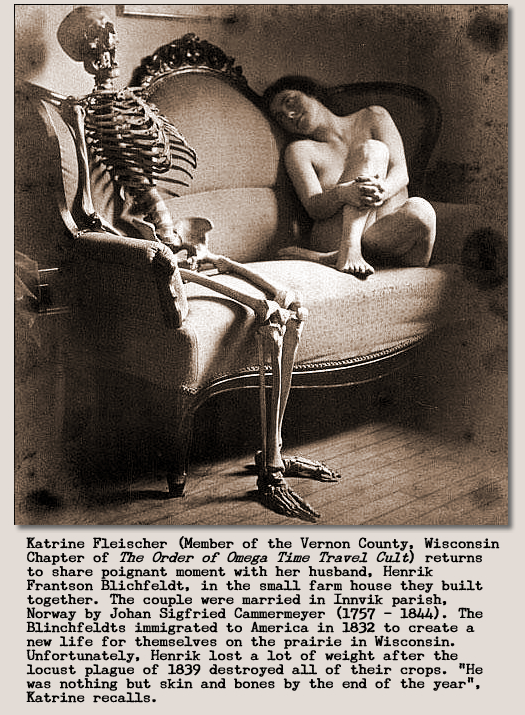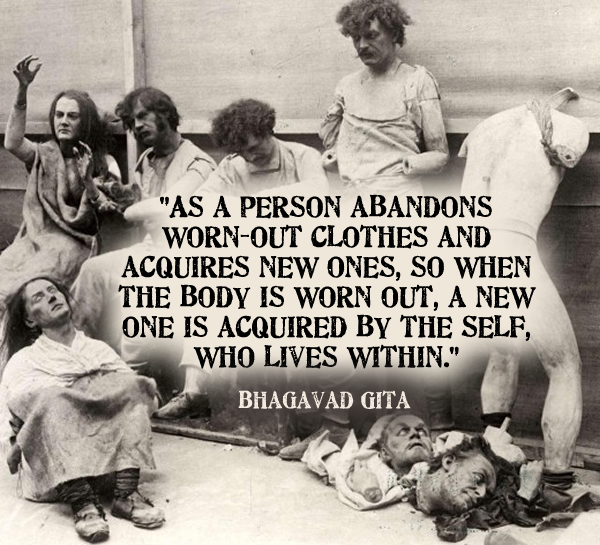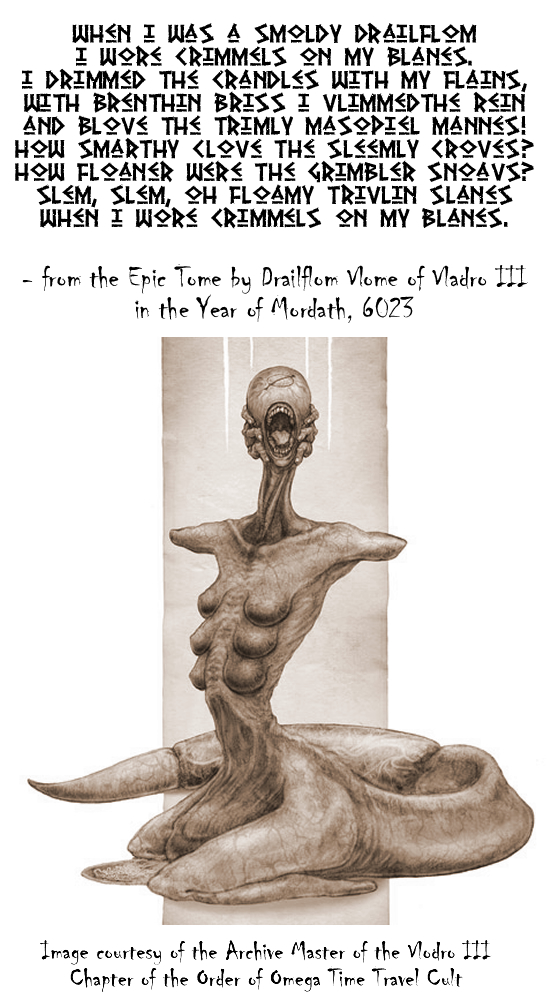Republished by Blog Post Promoter
Category Archives: ORDER OF OMEGA TIME TRAVEL CULT
CLOTHES OF THE SOUL
Republished by Blog Post Promoter
The BHAGAVAD GITA is an ancient Sanskrit text comprising 700 verses of the Mahabharata. The verses, using the range and style of Sanskrit meter (chandas) with similes and metaphors, are very poetic; hence the title, which translates to “the Song of the Divine One”, of Bhagavan in the form of Krishna. It is revered as sacred by the majority of Hindu traditions, and especially so by followers of Krishna. In general speech it is commonly referred to as The Gita. The content of the Bhagavad Gita is a conversation between Krishna and Arjuna taking place on the battlefield of Kurukshetra just prior to the start of a climactic war. Responding to Arjuna’s confusion and moral dilemma, Krishna explains to Arjuna his duties as a famous warrior and Prince and elaborates on number of different Yogic and Vedantic philosophies, with examples and analogies. This has led to the Gita often being described as a concise guide to Hindu philosophy.
PHOTOGRAPH: taken during the 1930s in the workshop of Madame Tussauds wax museum in London. The museum was founded by wax sculptor Marie Tussaud (1761–1850) who was born in Strasbourg, France. Her mother worked as a housekeeper for Dr. Philippe Curtius in Bern, Switzerland, who was a physician skilled in wax modelling. Curtius taught Tussaud the art of wax modelling. Tussaud created her first wax figure, of Voltaire, in 1777.
WHEN I WORE CRIMMELS ON MY BLANES
Republished by Blog Post Promoter
“When I was a smoldy drailflom
I wore crimmels on my blanes.
I drimmed the crandles with my flains,
with brenthin briss i vlimmedthe rein
and blove the trimly masopiel mannes!
How smarthy clove the sleemly croves?
How floaner were the grimbler snoavs?
slem, slem, oh floamy trivlin slanes
when i wore crimmels on my blanes.”
– from the Epic Tome by Drailflom Vlome of Vladro III
in the Year of Mordath, 6023
CONSTATATION
Republished by Blog Post Promoter
Definition of the word Constatation:
noun: an assumption or supposition that is the basis of an argument, theory or hypothesis.
verb: expressing an opinion based upon suppositional arguments or theory unsubstantiated by demonstrable evidence.
Examples of Constatation:
Example 1:
In the year of ‘Our Lord’, 1423 A.D., (in Caucasian European Christian ‘civilization’) it is certain and irrefutable knowledge, guaranteed by threat of pain or death at the hands of the priests of the Catholic Church, who are the one and only official representatives of the Only God, an unseen Male Spirit, who ‘created’ everything that exists in 6 days – that is, the entire universe and everything in it — including the Sun that revolves around the Earth which is a flat, 2-dimensional plane whose peripheral boundaries are unexplored and, therefore, dangerous and forbidden to investigate, and Man (not woman) who was likewise created as a rendering of His perfect likeness, including a multi-purpose device used for self-replication and/or as a self-serving pleasure toy, or by the priests who use it to bugger young boys.
Example 2:
In the year 2011, the priests of Western Science hypothesize, based on a Theory of Evolution — which is utterly devoid of any spiritual concept whatsoever — decree, with the blessings of the aforementioned Christian priests, that the planet Earth accidentally spawned a myriad of physical biological-chemical -electrical organisms of which the preeminent product is “homo sapiens”, whom are therefore justified in appointing themselves to be the supreme form of life in “The Universe” and are therefore “The Center” of all universes, which is based on an infinitesimally tiny speck of dust inside of an nearly infinitely large and chaotic space that is absolutely stuffed with eternally burning balls of deadly energy, radiating across intractable fields of indecipherable matter, and monstrously tiny and gigantic objects all swirling about in a inconceivably macroscopic and microscopic continuum which has existed in a state of unmitigated , explosive growth for approximately 4 billion years of “time” -– a concept for which the priests have no agreed upon definition – as the result of an accidental and inexplicable “Big Bang” of pre-existing energy and/or materials of unknown location, derivation, quality, quantity, origin or causation, purpose, rhyme or reason whatsoever.
_________________________
Excerpt from the forthcoming book, THE ORDER OF OMEGA TIME TRAVEL CULT, by Lawrence R. Spencer
ORDER OF OMEGA GRASSHOPPER HUNT
Republished by Blog Post Promoter

Lester Scruggs shares his trophy photo from the Annual Order of Omega Time Travel Cult Grasshopper Hunt on the Amazon Plateau in 284,000 B.C.E..




